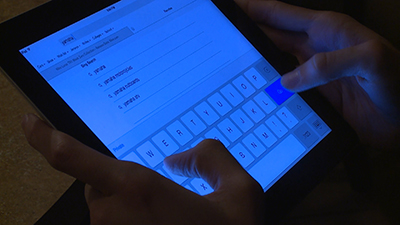
It might be email, video games or a cell phone; whatever the electronic device Americans are increasingly staying connecting 24/7. The inability to power down is taking a toll on getting good sleep. There are ways to still embrace a digital lifestyle and get good rest with proper bedtime habits.
By Dawn Tongish
ThePlasticSurgeryChannel
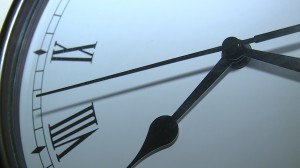
Disconnect, Sleep Well
Most Americans probably know it isn’t healthy to stay connected to digital devices right before going to sleep, but still they can’t put down the gadgets.
“I am guilty. I do it as physician. I have the phone right beside my bed and it will flash or vibrate,” says Dr. Michael Schwartz. Dr. Schwartz, a board-certified plastic surgeon in Westlake Village, California says he must be connected 24/7 because of his profession. Still, he advises others to adopt healthy sleep lifestyle habits. Learning to unplug to slumber more peacefully does require discipline.
“You need to check messages earlier in the day and figure out how to begin relaxing and disconnect at least 30 minutes before bedtime,” says Dr. Schwartz. “Maybe you can read a book or get in bed and talk to your spouse or partner. You just have to leave the electronics behind.”
It is the best way to get better sleep. Turn off the devices in the bedroom. Think about forgoing a television in the bedroom altogether to get better rest. Experts say if you don’t begin to unwind at night, the problem could get worse. Your internal clock begins to set in and push the sleep time back. Authorities say that means your body may not be physically able to go to sleep until the internal clock tells it to and that spells bad news for good sleep. It might be 3 a.m. or even later until you can actually fall asleep.
No Z’s May Mean Long Term Health Risks
Gadgets can be almost hypnotic. There seems to be a pull, drawing us in with the flashing lights, bells and whistles. But, all of the tweeting, liking and commenting late at night can take a toll in the long run on your health. The statistics are almost alarming.
“Sleep deprivation on a chronic basis is a higher predictor of early death than smoking, heart disease or obesity, says Dr. Jim Namnoum. Dr. Namnoum, a board certified plastic surgeon in Atlanta, Georgia has studied the effects of not getting proper sleep. He says there is a long list of health concerns related to poor sleep and fatigue. Using electronic devices before bed inhibits the brain and body from getting the kind of sleep necessary for good health.
“If you use these devices right up until the time you go to sleep, you sleep very poorly. These devices activate centers in our brain that keep us from entering into deep and reparative deep. That will profoundly interfere with sleep.” Dr. Namnoum says that children are increasingly being exposed to these digital dangers because of more electronics in the home.
“At my home my kids all sit in the same room and they text each other. It is a different world we live in, so parents need to be aware of all of this and the impact it can have on sleep.”
There are ways to push reset and unplug, but it may not be simple or easy. It takes good habits and time to change, but good sleep and better health may be the price to pay if you don’t unplug.


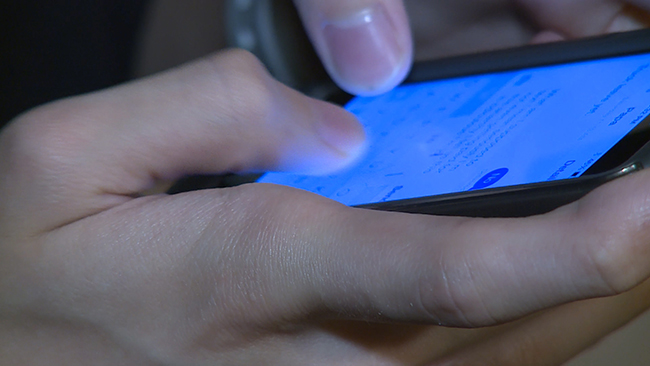
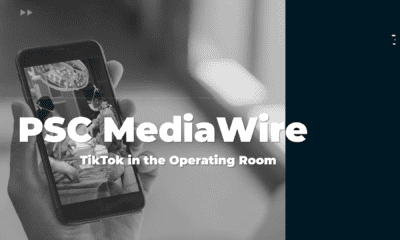


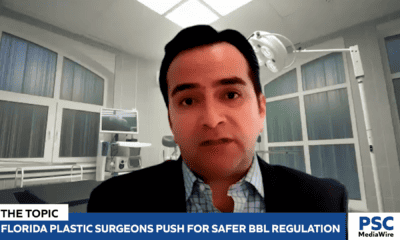
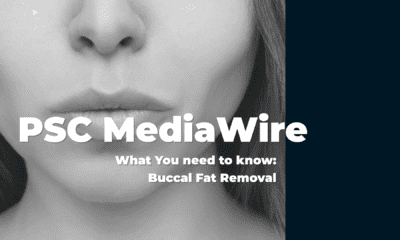



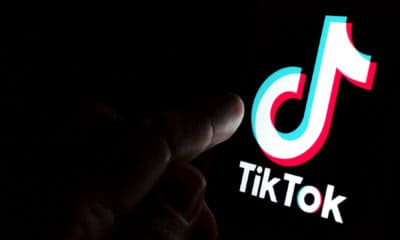




Facebook
Twitter
Instagram
YouTube
RSS